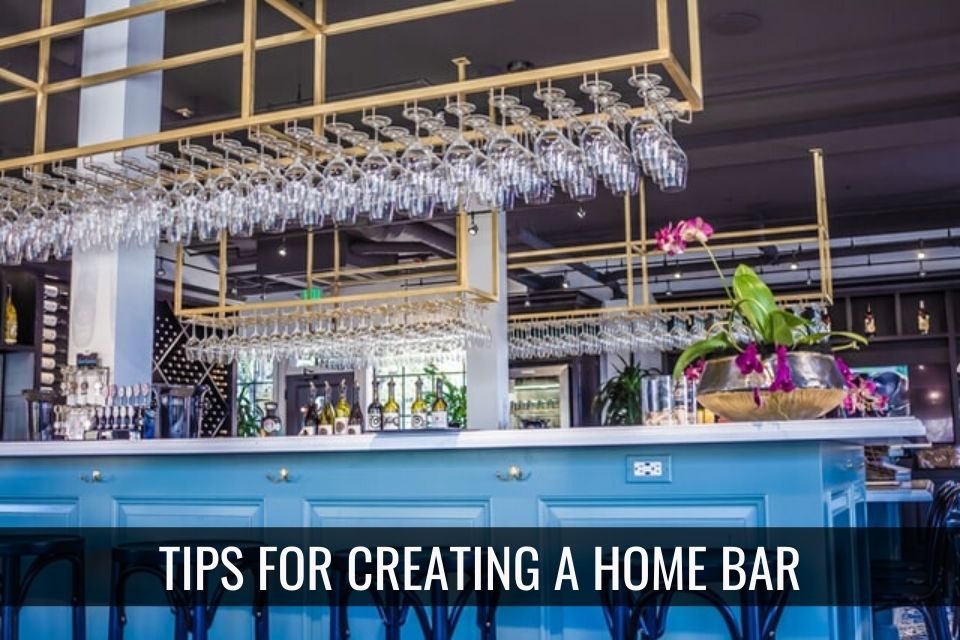Upgrades Millennial Buyers Won’t Pay More For
Home sellers assume they must make some upgrades before putting their home on the market. While any deferred maintenance or extreme wear-and-tear issues should be addressed, major upgrades or updates may not net more money when you sell; especially with millennial buyers, who are looking for their first home in droves.
6 Common Upgrades Millennial Buyers Won’t Pay Extra For – and 1 They Will
1. Professional Landscaping–Although a nicely maintained yard is attractive to all buyers, over-the-top landscaping with special hardscapes or fountains will not appeal to millennials.
2. Upgraded Utilities–You may appreciate the new plumbing, but buyers will not pay more for copper or PEX pipes or the brand-new junction box.
3. HVAC–Again, new systems are appreciated, but buyers won’t offer more for the latest systems.
4. New Roof–A leaking roof will certainly lower the sales price but replacing one will not have the opposite effect.
5. Swimming Pool–Not only will millennial buyers not pay more for a pool, but they may shy away entirely, considering the cost of upkeep and safety for young children.
6. Trendy Home Decor–This may seem counter-intuitive but adding the latest design features that will quickly go out-of-style can be a turnoff.
And finally, the one they will pay extra for? Solar panels. Younger buyers are conscious of their carbon footprint and are looking for environmentally-friendly options in their homes and lives. The millennial buyers are here, and understanding what they want in a new home will help sellers capitalize on this fresh market of home buyers.
I










